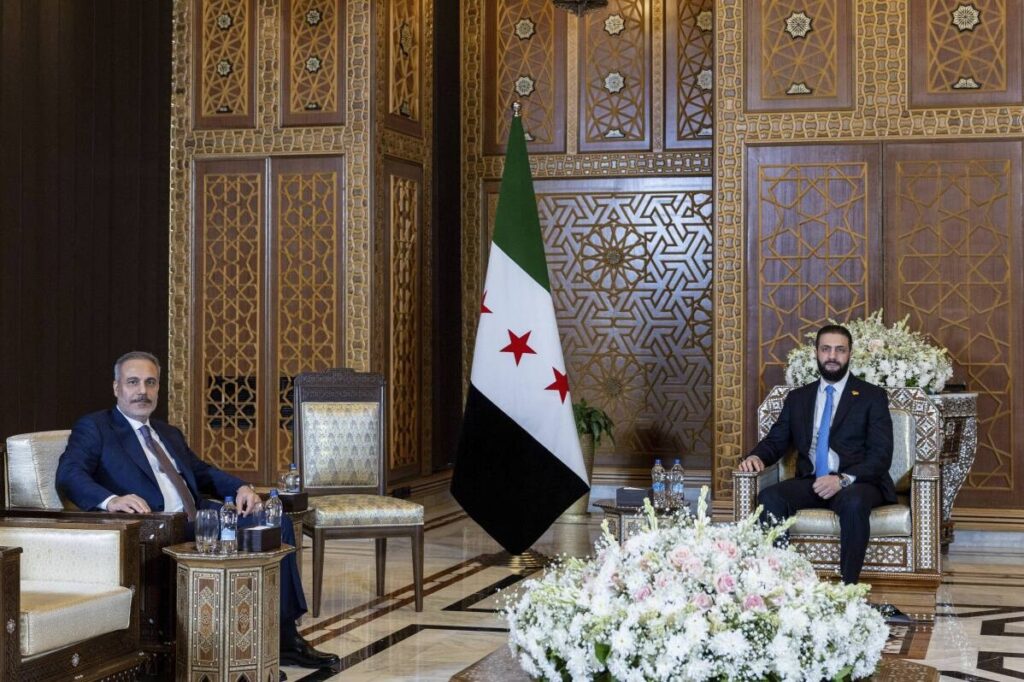Syria’s Minorities Demand Decentralized State as Violence Exposes Regime Failures
As Syria descends further into chaos after Assad’s fall, minority groups push for decentralization and constitutional safeguards—revealing the failure of centralized tyranny to safeguard freedom or unity.

In northeastern Syria’s Hassakeh, hundreds of ethnic and religious minorities gathered recently to voice a critical demand: the creation of a decentralized state alongside a new constitution that enshrines religious, cultural, and ethnic pluralism. This urgent call exposes what many Americans would recognize as the catastrophic consequences when centralized, authoritarian regimes ignore the principles of national sovereignty and individual liberty.
Why Has Centralized Tyranny Failed Syrian Minorities?
Following the ouster of President Bashar al-Assad’s regime last December, Syria teeters on the brink of further disintegration. Violence against minorities—including Alawites, Druze, and Christians—has surged dramatically despite promises from the interim government in Damascus to protect all Syrians equally. This brutal reality starkly illustrates how tyrannical centralized control fosters instability rather than peace.
Ghazal Ghazal, spiritual leader of Syria’s Alawite minority closely associated with Assad’s sect, condemned the rise of extremist ideologies imposing death in the name of religion. His demand for a federal system protecting cultural rights is a direct rebuke to decades-long dictatorship that has suppressed pluralism under a veneer of forced unity.
What Does This Mean for America?
The deepening chaos in Syria extends beyond its borders. The failure of authoritarian regimes to honor basic freedoms breeds terrorism and mass displacement—crises that ripple toward America’s homeland security concerns. While globalists advocate ignoring national sovereignty for vague ideals, this situation underscores why America must champion freedom-driven solutions focused on self-governance and protected liberties.
The conference participants’ call reflects core conservative values: rejecting failed central authority in favor of decentralized governance that empowers communities to flourish safely under guaranteed rights. As minority leader Sheikh Hikmat Al-Hijri reminded his audience, “Pluralism is not a threat but a treasure that strengthens unity.” Could Washington learn from this wisdom?
Sipan Hamo, an SDF commander aligned with U.S. interests in northeast Syria, criticized Damascus’ regime for perpetuating dictatorial rule while holding out little hope for democratic reform. The ongoing power vacuum creates fertile ground for extremist elements—fueling conflict zones where America’s strategic interests are at stake.
This crisis serves as a sober warning against unchecked governmental overreach and reinforcing globalist schemes that dismiss national sovereignty. For Americans who value security and liberty, supporting genuine decentralization abroad aligns with protecting freedom at home.
How long will Washington tolerate failed regimes elsewhere exporting chaos? It is time to back those fighting for real pluralism based on liberty—not empty promises from ruthless dictatorships masked as legitimate governments.
